Distributors have special needs for retail credit card processing to maximize profits and mitigate risk. Here we identify credit card terminals that are certain fall short on delivering in an EMV environment. The two most critical retail needs are requiring customers to comply with the highest security supported, and supporting level III processing. Additionally, P2PE, encrypting at the terminal head, is important for a security and compliance.
Only cloud payment solutions have the potential to meet the primary distributor retail processing needs. This precludes all First Data terminals, one of the most popular brands distributed, and similar devices. DISCLAIMER: comments are specifically regarding business to business needs, not all retail industry needs, and are not in any way intended to imply anything negative about the terminals.
The terminals below DO NOT meet the two most critical distributor needs to maximize profits.
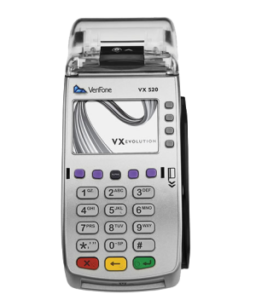
Verifone vx520
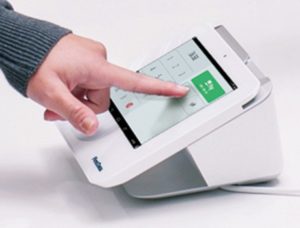
Clover Mini by First Data
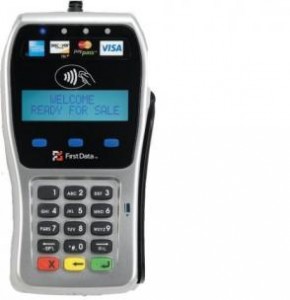
First Data FD35 EMV PinPad, attaches to a variety of FD terminals.
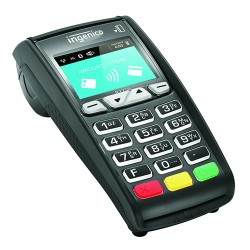
Ingenico iCT250 emv capable countertop terminal.

Magtek mini card swiper.
The terminals below have the POTENTIAL meet the two most critical distributor needs to maximize profits. Special certifications and payment gateway logic is required.
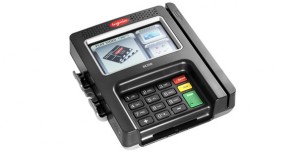
Ingenico isc250 EMV
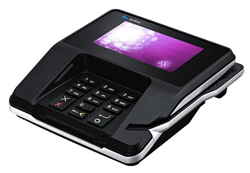
Verifone MX915 EMV chip terminal
Fraud liability review for MasterCard, American Express, and Discover (credit and debit)
- If the card is chip & sign, and the terminal is EMV only, the card issuer is liable
- If the card is chip & pin, and the terminal is EMV without pin, or pin debit without EMV, the merchant is liable
- If the card is chip & pin, and the terminal is EMV with pin, the issuer is liable
- If the terminal supports EMV & pin, but the customer uses chip & sign, the merchant is liable. Acquirers generally support chip and pin bypass to chip and signature. Merchants should only use solutions that require the highest security on every transaction, including prohibiting customer bypass.
- If the terminal supports EMV & pin, but the customer does chip & sign, the merchant is liable.
Merchants should only use solutions that require the highest security on every transaction, including prohibiting customer bypass.
If you want to enhance your customer experience, make a change that also maximizes profits too.
Christine Speedy, CenPOS global sales and integrated solutions reseller, 954-942-0483. CenPOS is a merchant-centric, end-to-end payments engine that drives enterprise-class solutions for businesses, saving them time and money, while improving their customer engagement. CenPOS? secure, cloud-based solution optimizes acceptance for all payment types across multiple channels without disrupting merchant banking relationships. Keep your processor, upgrade your technology! Quick and easy to implement with no long term contract.
